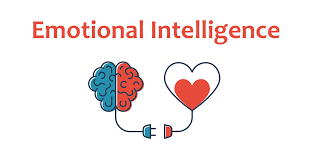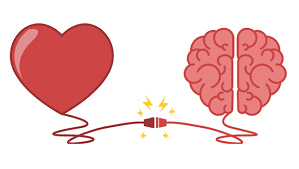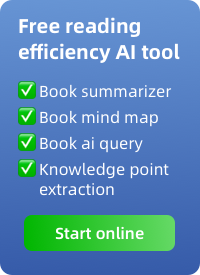
Emotional intelligence (EI) is the ability to recognize, understand, and manage your emotions. It also involves recognizing and understanding others’ emotions, and using this awareness to improve your relationships and decision-making. In The Mountain Is You, Brianna Wiest highlights the importance of building emotional intelligence to overcome self-sabotage and live a more fulfilled life. Developing emotional intelligence involves recognizing emotional patterns, practicing mindfulness, and learning how to process feelings constructively.
Understanding Emotional Intelligence
Emotional intelligence is not just about being aware of emotions; it’s about interpreting and responding to them in a healthy way. People with high EI can navigate complex social interactions and respond to challenges without being overwhelmed by negative emotions. They are better able to process difficult emotions and bounce back from setbacks. For instance, emotional intelligence examples include the ability to stay calm during conflicts, show empathy to others, and maintain perspective in high-stress situations.
Emotional Intelligence Habits
Developing emotional intelligence begins with cultivating habits that foster emotional awareness and control. These habits include checking in with yourself regularly, asking questions like “What am I feeling?” and “Why am I feeling this way?” It’s also helpful to practice mindfulness to stay present in the moment and avoid reacting impulsively to emotions. Journaling is another habit that helps to process emotions, allowing for reflection and deeper understanding of what drives them.
Another key habit is practicing empathy, which is the ability to understand how others feel and to see situations from their perspectives. This not only improves personal relationships but also builds emotional resilience. Empathy and compassion allow individuals to respond to conflicts with understanding rather than defensiveness, which is crucial for emotional intelligence.
Emotional Intelligence Exercises
Several exercises can help you improve your emotional intelligence. One effective exercise is labeling emotions as they arise. By naming your emotions, you gain clarity on what you are experiencing and can respond more effectively. For example, instead of feeling overwhelmed, label the exact emotions such as “stress” or “frustration.” Another important exercise is practicing emotional regulation techniques, such as deep breathing or meditation, which help to calm your mind when emotions run high.
Building emotional intelligence also involves expanding your emotional vocabulary. The more nuanced your understanding of emotions, the better you’ll be at processing and responding to them. Emotional intelligence exercises like reflecting on past situations where emotions clouded your judgment can help you learn from these experiences and avoid repeating the same mistakes.
Managing Relationships with Emotional Intelligence
When it comes to relationships, emotional intelligence plays a key role in navigating difficult conversations and building lasting bonds. For example, in relationships, emotional intelligence enables you to listen actively, recognize the emotional needs of others, and respond in a way that nurtures trust and connection. Emotional intelligence in relationships helps to de-escalate conflicts by understanding the underlying emotional needs driving disagreements.
Conclusion
In conclusion, developing emotional intelligence is essential for personal growth and healthy relationships. Through habits like mindfulness, empathy, and regular emotional check-ins, you can strengthen your emotional intelligence. By doing so, you gain greater control over your reactions, make better decisions, and build more meaningful connections with others. Practicing emotional intelligence exercises will help you gain the clarity and resilience needed to overcome challenges in both personal and professional life.




